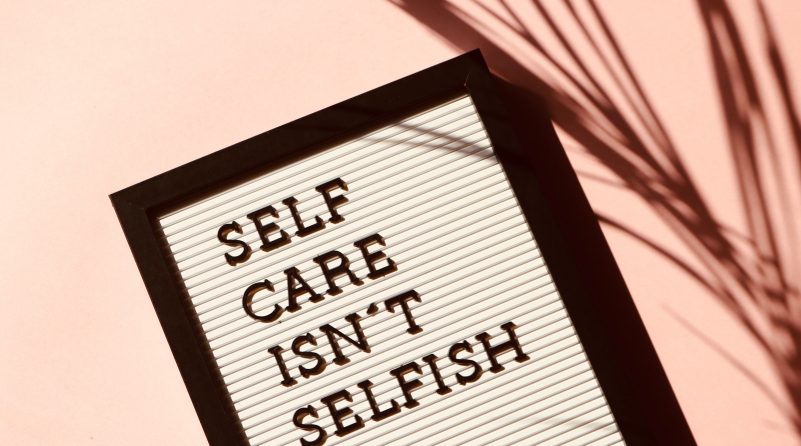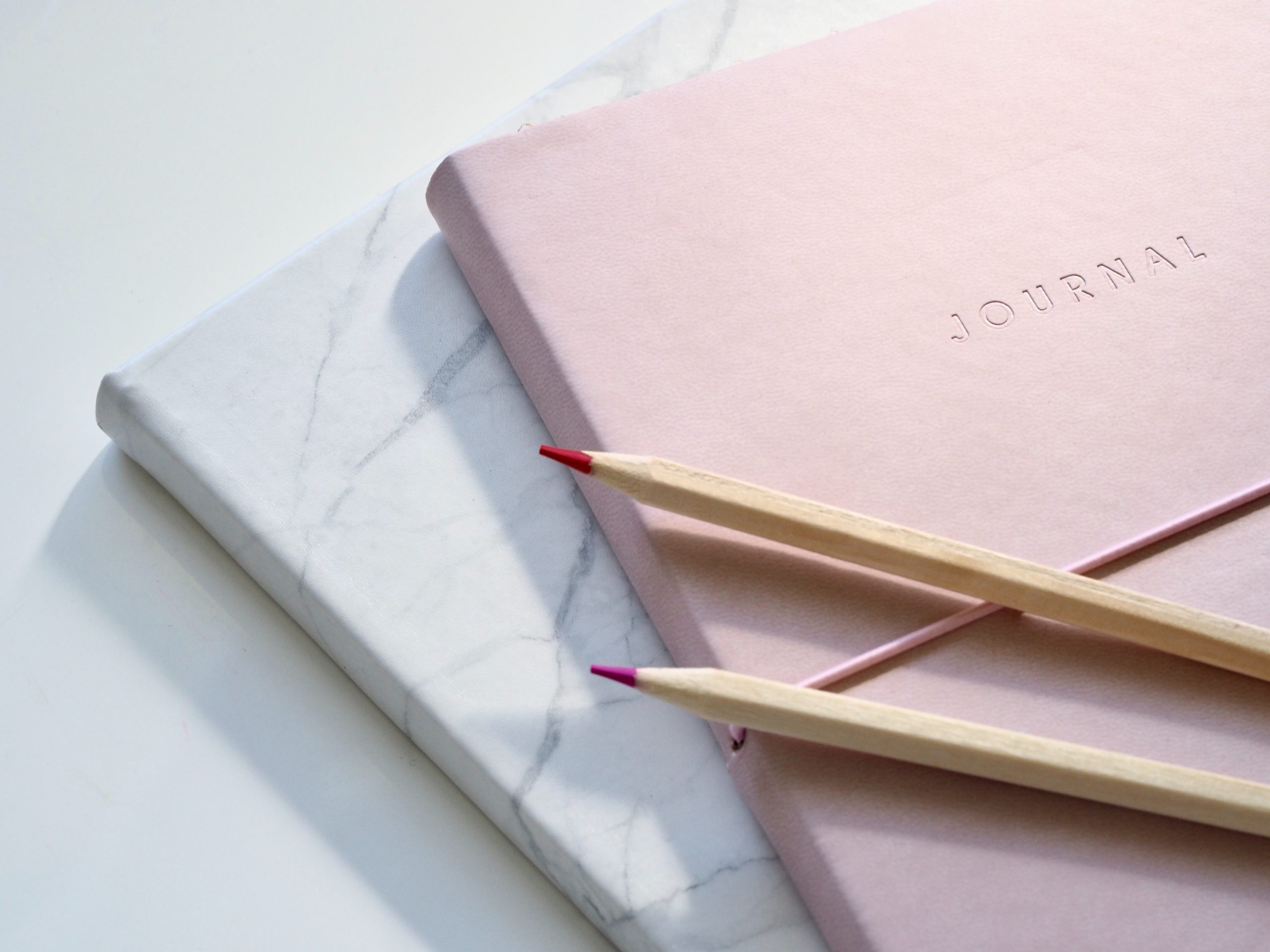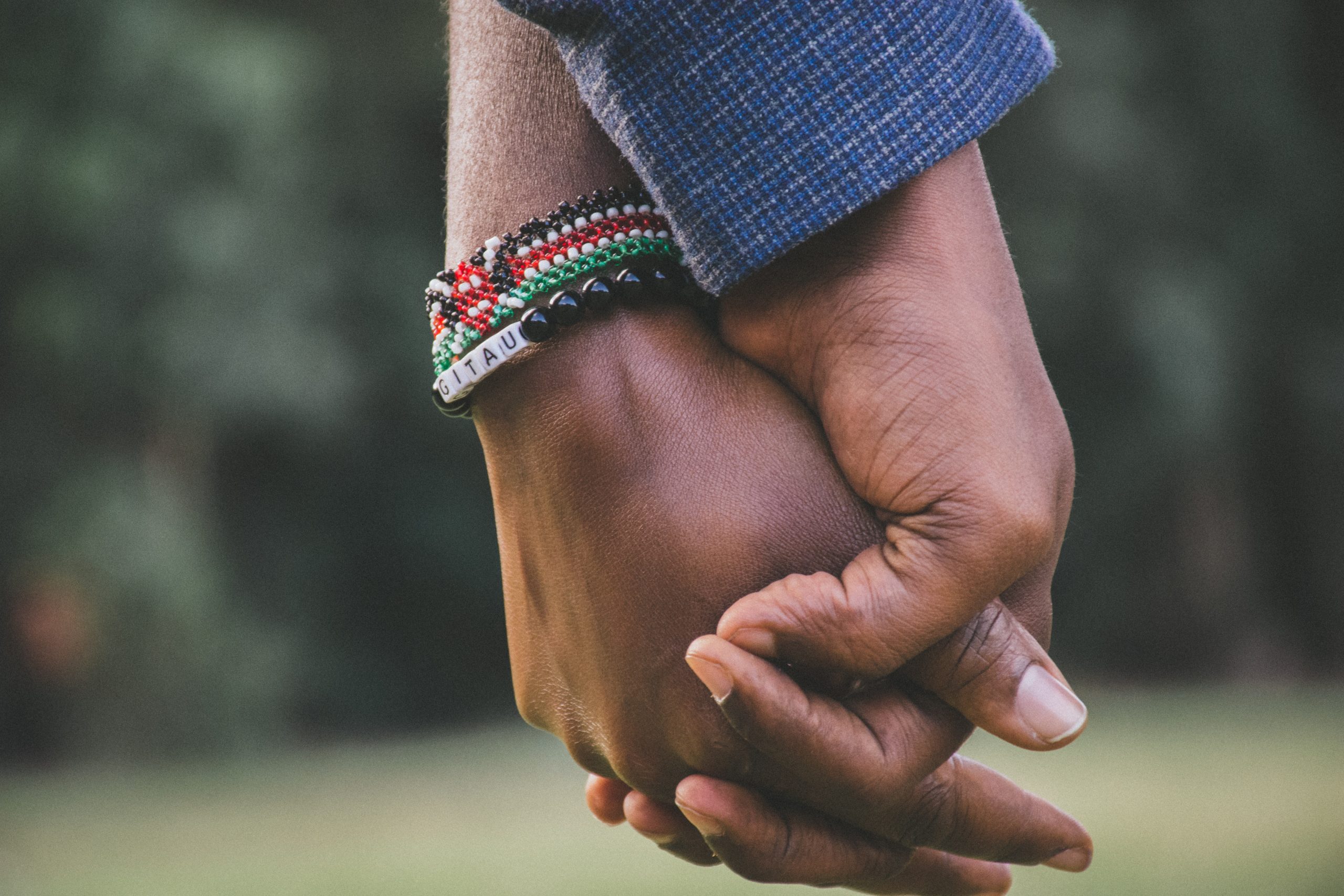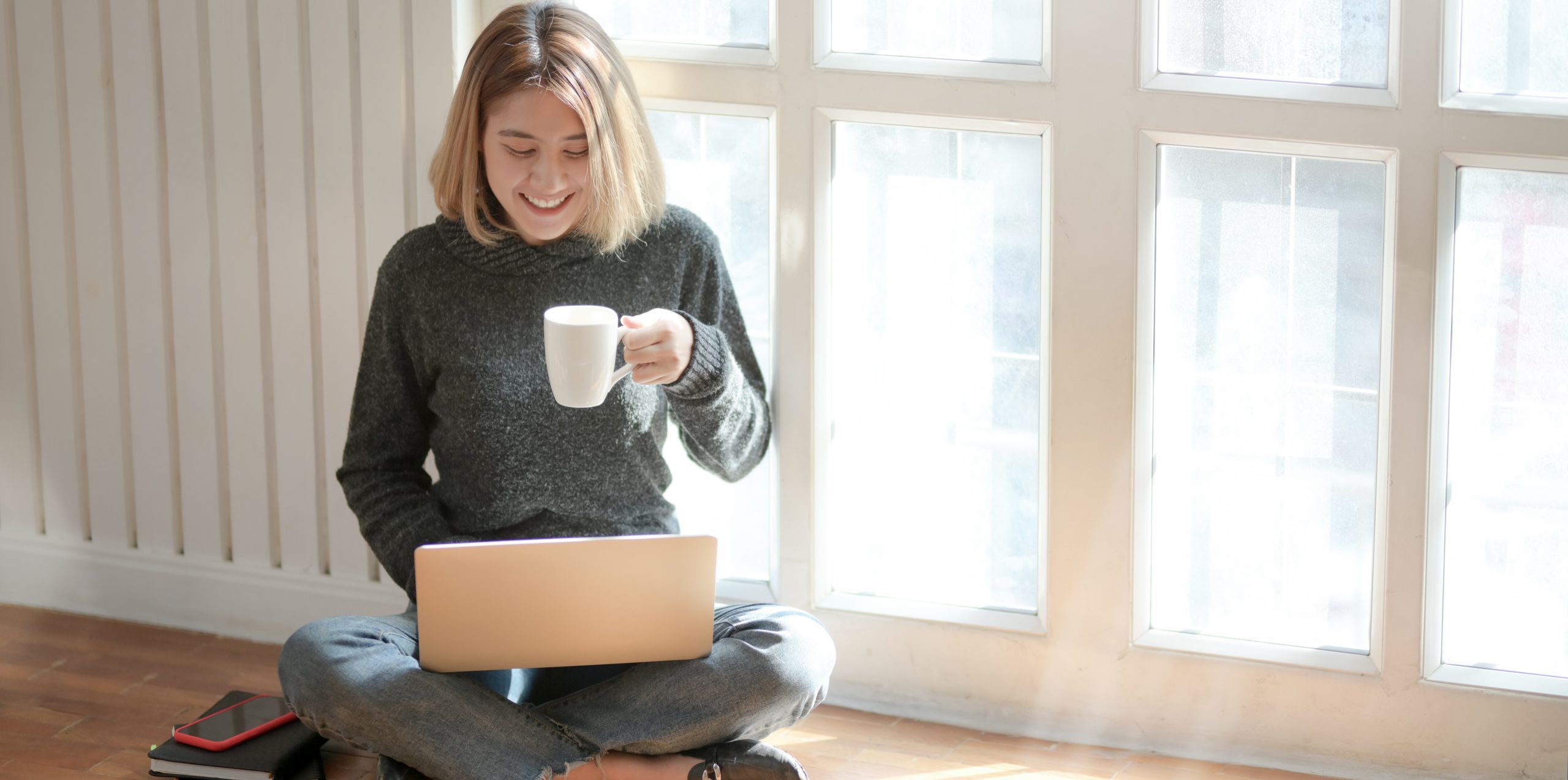The Wellness Revolution

Protecting Your Mental Well-being During a Pandemic
We are hearing a lot about the directives from our local Public Health Units for protecting our physical health during this global pandemic. We can’t deny that these protocols and steps are absolutely necessary for ensuring not only our health, and the health of our family, but also the health of the community at large including our most vulnerable populations. What we don’t hear a lot about is the fact that during this difficult time, our mental health and well-being is greatly impacted.
Mental health is just as important as any other aspect of our well-being. What can you do to protect, and even nourish your mental well-being right now? Here are the top 7 things you can do to protect your mental health.
Start your day by practicing daily gratitude. 
Despite our circumstances and our individual struggles, because everyone is struggling with something right now, we all can find at least one thing to be grateful for. Whether it’s the roof above our heads, our partner, friends, or family, a good book, technology that keeps us connected, our health, or the sacrifices others are making during this time to keep food on our tables or loved ones cared for at a health care facility. How can you practice gratitude? Make a collage with pictures of people or things you are grateful for, write a letter of gratitude to someone, keep a gratitude journal, say thank you to someone, practice kindness towards someone, or make a list of things to be thankful for. Starting each day with gratitude sets the tone for your day, it puts you in a positive mindset, and it can make you more productive.
Take time to grieve.

If you are finding it difficult to practice gratitude it may be because you are still grieving, and that is ok. It’s okay to grieve; we are all grieving someone or something. Perhaps your wedding has been postponed, a trip cancelled, your birth plan has been turned upside down, you have to reschedule your child’s birthday, you’ve lost your income, you miss your family and friends, and overall you miss your freedom. It is natural to feel sadness, loss, grief, and so many other emotions during this time. Everyone’s grieving process will look different. If you’re familiar with the stages of grief (denial, anger, bargaining, depression, and finally acceptance), you may be in the thick of one of these stages, and it can be normal to experience these stages in a different order. It will take time to get to the final stage of acceptance, that is okay; be kind to yourself, allow yourself to grieve, but reach out to someone if you continue to struggle. Many counsellors, therapists, and practitioners are available over the phone or virtually during this time to help you process emotions you are dealing with or past traumas that are resurfacing as a result of this pandemic.
Focus on the present moment.
During this time of uncertainty it is important to focus on what we can control. We can control ourselves and our reactions. This can be a difficult concept to accept but the more we remind ourselves of these facts the easier it becomes to accept them. We can’t predict what will unfold in the future which is why it is important to only focus on the present. Taking each day, or even hour at a time can help you to manage. Remind yourself daily that you are doing everything you can to protect yourself and your family and that is enough.
Practice anxiety reducing behaviours.
 If you struggle to maintain your focus on the present, feel anxious, or overwhelmed, engaging in activities that reduce those feelings may be helpful. Deep breathing can reduce stress and increase a sense of calm. One of the most well known breathing techniques for inducing relaxation is the 4-7-8 technique; start by inhaling for 4 seconds, holding your breath for 7 seconds, and exhaling for 8 seconds. This breathing pattern reduces anxiety and may help with sleep. Other ways to reduce feelings of anxiety include journalling, often when we write out our thoughts or feelings we are able to clear our mind of them and stop the repetitive or obsessive thought processes. And, finally, meditation is a very effective method of reducing anxiety. If you aren’t familiar with meditation or don’t know how to do it, there are many applications and websites that can guide you through meditation. My tops recommendations include the apps: Headspace, Calm (including the website www.calm.com), and Mindshift CBT.
If you struggle to maintain your focus on the present, feel anxious, or overwhelmed, engaging in activities that reduce those feelings may be helpful. Deep breathing can reduce stress and increase a sense of calm. One of the most well known breathing techniques for inducing relaxation is the 4-7-8 technique; start by inhaling for 4 seconds, holding your breath for 7 seconds, and exhaling for 8 seconds. This breathing pattern reduces anxiety and may help with sleep. Other ways to reduce feelings of anxiety include journalling, often when we write out our thoughts or feelings we are able to clear our mind of them and stop the repetitive or obsessive thought processes. And, finally, meditation is a very effective method of reducing anxiety. If you aren’t familiar with meditation or don’t know how to do it, there are many applications and websites that can guide you through meditation. My tops recommendations include the apps: Headspace, Calm (including the website www.calm.com), and Mindshift CBT.
Avoid activities or things that trigger you. 
One of the most effective ways to manage anxiety or a mental health concern is to avoid people or activities that trigger you or cause a decline in your mental health. Many people these days may find things like the news, negative people, or social media very triggering because they are overwhelmed by all the information coming at them. Another important aspect to consider is avoiding stressful situations such as watching television shows or movies that trigger fear, anxiety, or panic. If you haven’t already watched the movie “Contagion” now is NOT the time. Stick to things that make you laugh, watch a good comedy, read a book, download the TikTok app and upload a video of yourself doing one of the dance challenges. There are lots of alternatives to your triggers.
Find your purpose.
 Another popular notion I have been reading lots about lately is that with all this new found time on our hands we have an opportunity for personal growth. Now is the perfect time to take up a new hobby, learn something new, take a class, or find ways to support those around us. Many companies, organizations, and educational institutions have provided free access to resources or classes making it even easier to learn new things. When we engage in activities that allow us to create, learn, and engage we are provided with a sense of purpose which positively impacts our mental health. Looking for some ideas, check these out:
Another popular notion I have been reading lots about lately is that with all this new found time on our hands we have an opportunity for personal growth. Now is the perfect time to take up a new hobby, learn something new, take a class, or find ways to support those around us. Many companies, organizations, and educational institutions have provided free access to resources or classes making it even easier to learn new things. When we engage in activities that allow us to create, learn, and engage we are provided with a sense of purpose which positively impacts our mental health. Looking for some ideas, check these out:
Listen to free books on Amazon’s Audible
Get active with free at home, no equipment required fitness classes
Hop on Pinterest to find a recipe, or Youtube a photography tutorial, there are so many ideas, click here for more.
Connect. 
Social distancing does not equate social isolation. Plus now that you’ve learned all these new skills you’re going to want to share in your new found talent(s). Thankfully, we have technology to keep us connected to those who matter most. Download the social app “HouseParty” to have a conference type call with your family or friends or both. Share your creations on your social media platforms, it might inspire someone else. Or, stay in touch using text or a good ol’ fashioned telephone call. Check in on those around you, this is a difficult time for everyone for different reasons. If we frequently reach out we can make others realize how important they truly are to us.
I hope this gives you some ideas for managing your mental health during these unprecedented times. Let’s hear some of your ideas or what you’ve been up to at home.
Yours in health,
Dr. Kate Klein
Naturopathic Doctor
www.durhamnaturopath.com
About the Author
Dr. Kate Klein is a licensed naturopathic doctor and clinic director at Your Health Collective, an integrative wellness clinic located in the heart of Ajax. Dr. Klein and her team offer services including, naturopathic medicine, holistic nutrition, acupuncture, osteopathy, and psychotherapy to patients of all ages. Practitioners at Your Health Collective provide a collaborative approach to patient care through a variety of natural treatments and solutions for health concerns ranging from disordered sleep, allergies, fertility, headaches, digestive concerns, and much more. We believe that health is more than just the absence of disease; health is when we function at our best through proper nutrition, exercise, a balanced lifestyle, positive emotions, thoughts and actions. For more information about Dr. Klein, naturopathic medicine, or our clinic please visit: www.yourhealthcollective.ca




